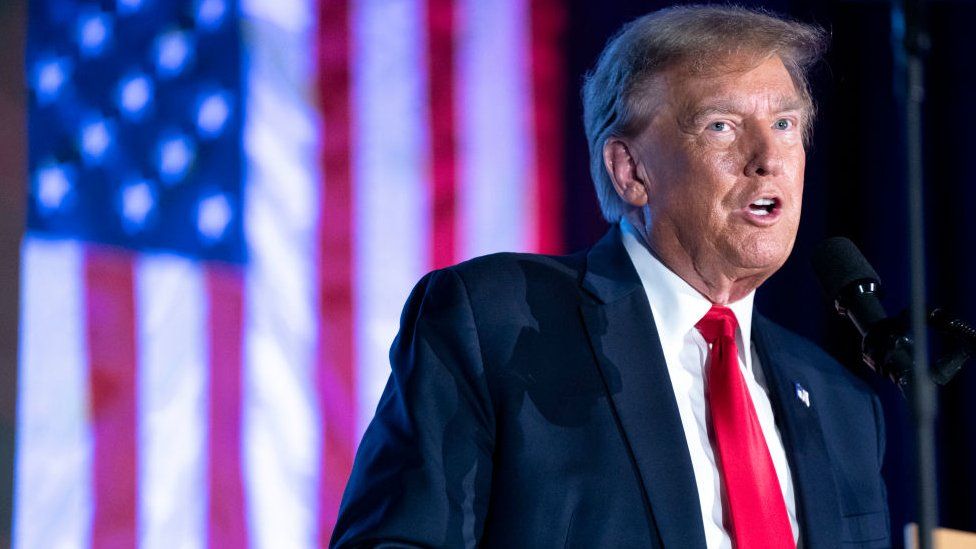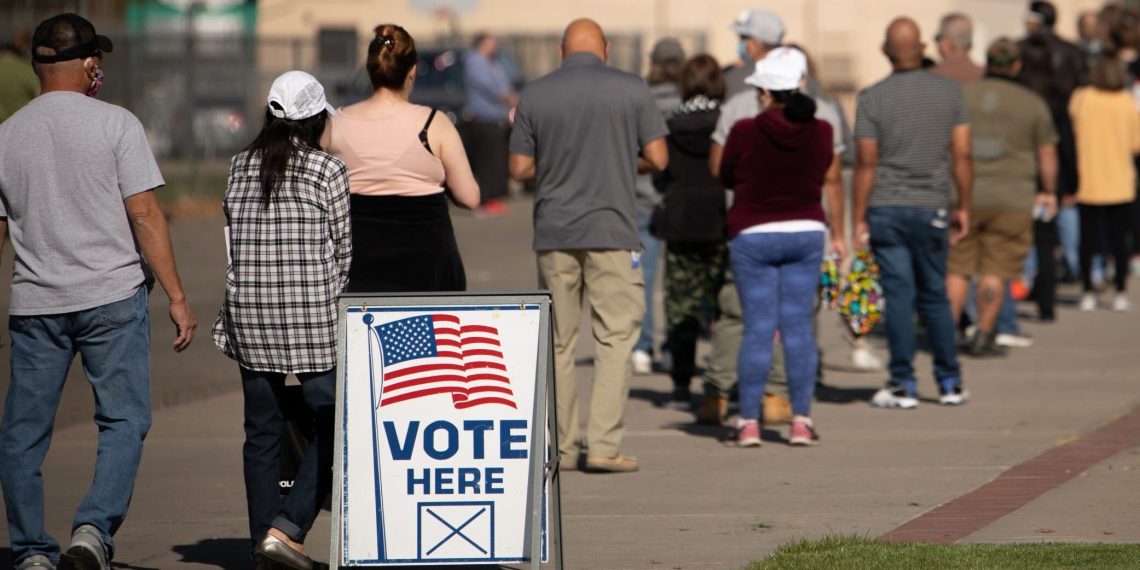It’s notable that both President Biden and former President Trump have maintained their winning streaks in their respective primary contests in Michigan.
While Biden faces minimal opposition from U.S. Rep. Dean Phillips, Trump encountered some resistance from factions of his party due to his stance on Israel amidst ongoing conflicts in Gaza.
The significant number of “uncommitted” votes in Michigan’s Democratic primary, surpassing expectations, reflects the impact of cease-fire activists in the Arab-American community.
Despite this, President Biden has still secured a substantial number of delegates, with 58 allocated as of Tuesday night, according to the AP.

Trump’s continued success in winning presidential contests for the GOP nomination, now totaling six victories, demonstrates his strong support within the party.
Despite former U.N. Ambassador Nikki Haley’s candidacy, Trump maintains a significant lead, with a 30 percentage point margin and 9 delegates allocated as of Tuesday night, according to the AP.
His expression of gratitude to supporters in Michigan reflects his satisfaction with the election results in the state. He said,
“The numbers are far greater than we even anticipated.”
Trump’s declaration of shifting focus to the November general election, despite the ongoing primary challenge, underscores his forward-looking approach and determination to prepare for the broader electoral contest ahead.
“We will be doing a lot of campaigning over the next couple of months,” he said. “Nov. 5 cannot come fast enough.”
Haley’s commitment to staying in the race until at least Super Tuesday on March 5, despite the dominance of both Biden and Trump in the nominating contests, reflects her belief that there is dissatisfaction among many Americans with both major party candidates.

This suggests she sees an opportunity to present an alternative option to voters who may be seeking alternatives.
Moving Michigan’s presidential primaries from the second Tuesday in March to February 27, as requested by Democratic Michigan Gov. Gretchen Whitmer at Biden’s behest, marks a significant shift in the state’s electoral calendar.
This change likely aimed to give Michigan greater influence in the nominating process by positioning its primaries earlier in the election year.
The Push To Be “Uncommitted” To Biden
The protest vote effort in Michigan’s Democratic primary, encouraged by cease-fire activists and endorsed by Democratic Rep. Rashida Tlaib, poses a challenge for Biden due to his support for Israel, particularly among the Arab American community.
However, Governor Whitmer’s warning that any vote not cast for Biden could support a second Trump term underscores the strategic importance of every vote in a crucial swing state like Michigan.
Despite potential implications for the general election, it’s unlikely to significantly impact Biden’s delegate count in the primary.





